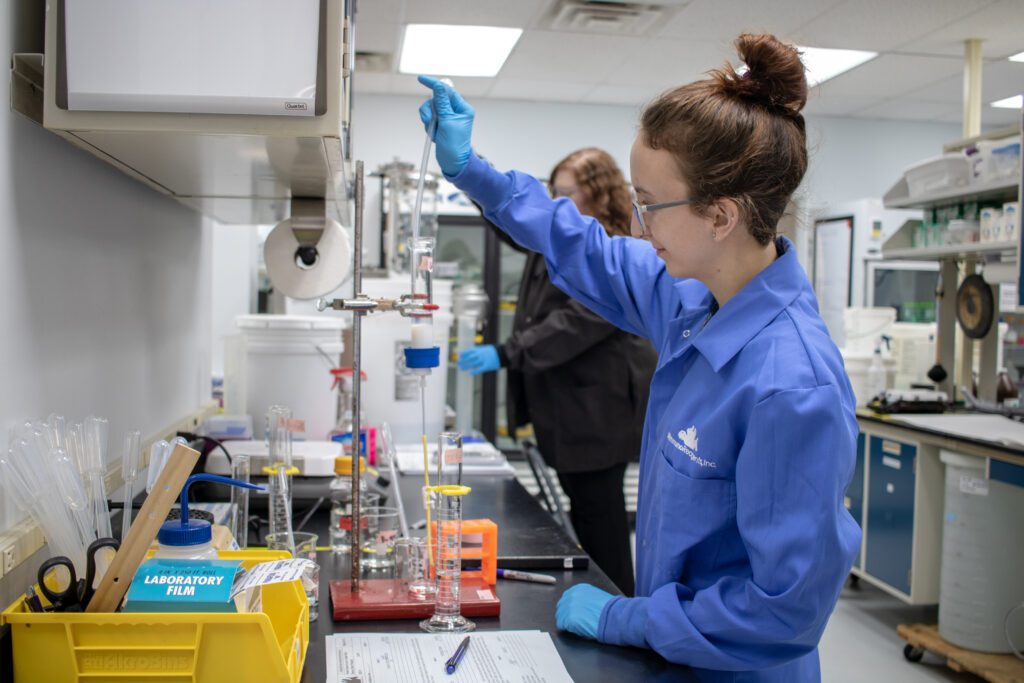The Coalition for Responsible Gene Editing in Agriculture has launched a voluntary framework for utilizing gene editing ethically in food and agriculture.
The framework, published this month, outlines “principles and commitments that organizations voluntarily follow to demonstrate their willingness to be transparent about their use of gene editing and desired outcomes that benefit the food system, environment and society as a whole.”
“Innovation flourishes when science and consumer values are aligned and complement one another,” says Sarah Gallo, VP of Agriculture and Environment at the Biotechology Innovation Organization (BIO), in a statement from BIO, which gave a formal endorsement of the framework.
“This framework establishes a process to examine meaningful criteria in an objective, predictable and consistent way—characteristics that are important to technology developers, as well as stakeholders looking to endorse innovation in product development,” says Gallo.
The Coalition for Responsible Gene Editing in Agriculture is a multistakeholder group that includes representatives of food companies, academia, civil society, technology developers, farmers, and related associations who are concerned about ethical gene editing.
“Gene editing has tremendous potential to benefit our entire food production system from the farmer to the consumer,” says Charlie Arnot, CEO of The Center for Food Integrity (CFI), which administers the coalition. “These benefits will only be realized if consumers trust that the resulting products are safe and understand how using gene editing technology helps achieve goals that align with broader social goals like producing the food we need with less environmental impact and reducing pests and disease in crops and livestock.”
Along with BIO, other BIO member companies voiced support, including Genus PLC, and Tropic Biosciences.




